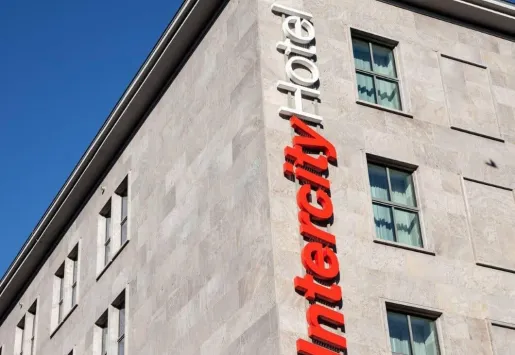
Recent estimates by the German Financial Information Service (CRIF) suggest that over 15,000 restaurants, pubs, snack bars, and cafes in Germany are currently at risk of insolvency. The Federal Statistical Office has released figures that show the industry is still significantly behind the sales of the last pre-crisis year, 2019. Additionally, a staff shortage has led to shorter opening hours and a reduced supply of services.
Rising prices of energy, staff shortages, and increasing food costs are causing significant issues for the German gastronomy and catering industry. The governing coalition in the federal government has decided to raise the VAT on food in the catering industry, which had been reduced from 19% to 7% during the Corona pandemic, back to the normal rate by January 1, 2024.
CRIF has reported that 12.6% of businesses in the catering industry, equivalent to one in eight businesses, are now facing the risk of bankruptcy. This number is on the rise and is expected to increase due to the planned return to the normal VAT rate for food at the turn of the year. Industry experts predict that this increase in VAT will further worsen the situation, particularly for restaurants already struggling financially.
Before the pandemic, only 10.7% of companies were at risk of insolvency, but this figure has since risen. Experts expect around 1,600 insolvency cases in the catering industry this year, a 36.5% increase from last year.
The Dehoga Association is still hopeful for a permanent reduction in food taxation, as stated by Chief Executive Ingrid Hartges. For decades, they have advocated for equal tax treatment of food in restaurants and cafes, similar to take-away food in supermarkets and food delivery services. Hartges considers it unacceptable that only food served on porcelain plates is taxed at 19% from January 1. She believes that tax fairness should be implemented differently.
Based on the data provided by the Federal Statistical Office, the turnover of establishments in September 2020, despite the lower tax rate, was 12.6 percent lower than the turnover of the same period in 2019, adjusted for inflation. Beverage-oriented pubs have been hit the hardest, as they could not benefit much from the temporary reduction in VAT on food. Revenues in the beverage dispensing segment have decreased by 34.5% in the last four years, while restaurants, pubs, and cafés have had to cope with a gap of 8.1%.
With the decline in sales and intermittent lockdowns, German gastronomy businesses are facing a reduction in their workforce. While the number of employees in September was 4.0% higher than the previous year, it was still 6.7% lower than the level before the pandemic. Due to the scarcity of staff during the pandemic, companies cannot offer attractive earning opportunities to their employees, despite some wage increases. According to the Federal Office, in October 2022, exactly half of the employees in the catering industry were working under low-wage conditions, compared to 15.2% in the overall economy.












